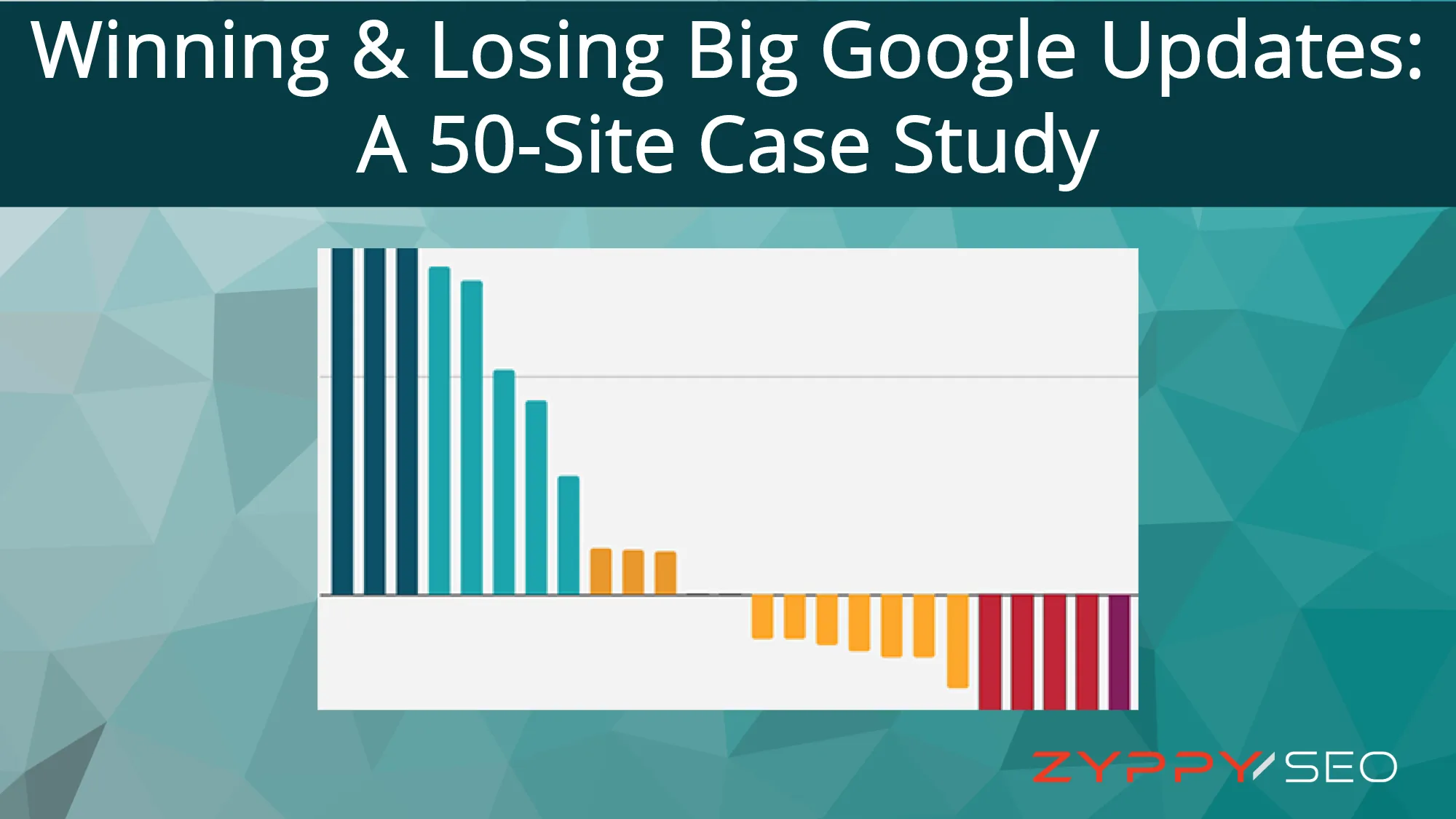What on-page factors are ***ociated with sites that see big gains or declines after Google updates? Turns out it’s not author boxes.
What on-page factors can help ranking
Collapse
X
-
What on-page factors can help ranking
Parveen K - Forum Administrator
SEO India - TalkingCity Forum Rules - Webmaster Forum
Please Do Not Spam Our ForumTags: None -
On-page factors play a crucial role in determining a webpage's ranking on search engine results pages (SERPs). Here are some key on-page factors that can positively impact your website's search engine rankings:- Keyword Optimization: Including relevant keywords in your title tags, headings, meta descriptions, and throughout your content can signal to search engines what your page is about.
- High-Quality Content: Creating original, valuable, and comprehensive content that addresses the needs and queries of your target audience can improve user engagement metrics and encourage other websites to link to yours.
- Title Tags: Crafting descriptive and keyword-rich title tags that accurately represent the content of your page can help search engines understand the topic and relevance of your page.
- Meta Descriptions: Writing compelling meta descriptions that summarize your page's content and entice users to click through to your website can improve click-through rates (CTR) in search results.
- URL Structure: Using clear, descriptive, and keyword-rich URLs can make it easier for search engines and users to understand what your page is about.
- Header Tags (H1, H2, etc.): Organizing your content with proper header tags not only improves readability for users but also helps search engines understand the structure and hierarchy of your content.
- Image Optimization: Optimizing images with descriptive filenames, alt text, and captions can improve accessibility and provide additional context for search engines.
- Internal Linking: Creating a logical internal linking structure within your website helps search engines discover and index other pages on your site, as well as distribute authority and ranking power throughout your site.
- Page Speed: Ensuring fast loading times for your web pages can improve user experience and satisfaction, which are important ranking factors for search engines.
- Mobile-Friendliness: Designing responsive and mobile-friendly web pages ensures a positive user experience across different devices, which is increasingly important as more searches are conducted on mobile devices.
- Structured Data Markup: Implementing structured data markup (e.g., Schema.org) can provide search engines with additional context about your content, potentially leading to rich snippets and enhanced search results.
- User Experience (UX): Creating a seamless and intuitive user experience, including easy navigation, clear calls-to-action, and minimal intrusive elements, can lead to higher engagement metrics and improved rankings.
-
On-page factors play a crucial role in search engine optimization (SEO) and can significantly impact your website's ranking on search engine results pages (SERPs). Here are some key on-page factors that can help improve your website's ranking:- Keyword Optimization:
- Include relevant keywords in your page title, meta description, headers (H1, H2, etc.), and throughout the content.
- Use variations of keywords to avoid keyword stuffing and make the content sound natural.
- Quality Content:
- Create high-quality, informative, and engaging content that satisfies user intent.
- Regularly update and add fresh content to keep your site relevant.
- URL Structure:
- Use SEO-friendly URLs that include relevant keywords and describe the page content.
- Avoid using dynamic URLs with random characters and symbols.
- Header Tags:
- Use header tags (H1, H2, H3, etc.) to structure your content and highlight important sections.
- Include target keywords in your headers where relevant.
- Meta Tags:
- Write compelling meta titles and descriptions that accurately reflect the page content and encourage clicks.
- Avoid duplicate meta tags across pages.
- Image Optimization:
- Optimize images by using descriptive file names and alt text.
- Compress images to improve page load times.
- Internal Linking:
- Create a logical internal linking structure to help search engines understand the hierarchy of your content.
- Use descriptive anchor text that provides context about the linked content.
- Mobile Optimization:
- Ensure your website is mobile-friendly and provides a seamless user experience on different devices.
- Google gives preference to mobile-friendly websites in its ranking algorithm.
- Page Speed:
- Optimize your website's loading speed by compressing images, using browser caching, and minimizing HTTP requests.
- Page speed is a ranking factor, and faster-loading pages improve user experience.
- Schema Markup:
- Implement schema markup to provide search engines with additional information about your content.
- This can enhance the display of your search results with rich snippets.
- User Experience (UX):
- Create a user-friendly design with clear navigation and a logical site structure.
- Improve bounce rates and user engagement, as these metrics can influence rankings.
- Social Signals:
- Integrate social sharing buttons and encourage social sharing to increase your content's visibility.
- While the direct impact of social signals on SEO is debated, social shares can indirectly contribute to increased visibility.
Comment
- Keyword Optimization:


Comment